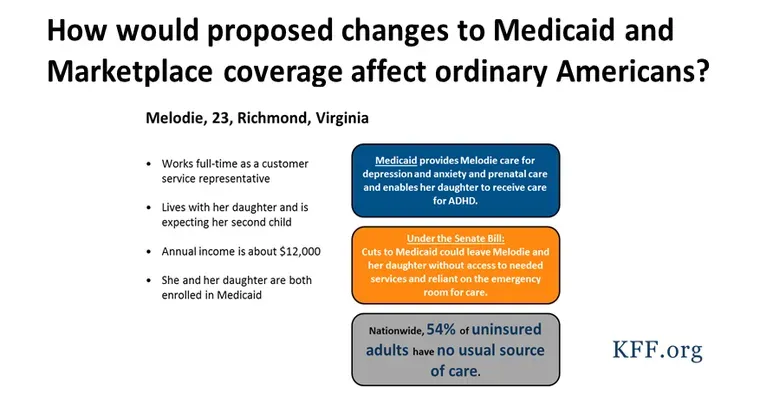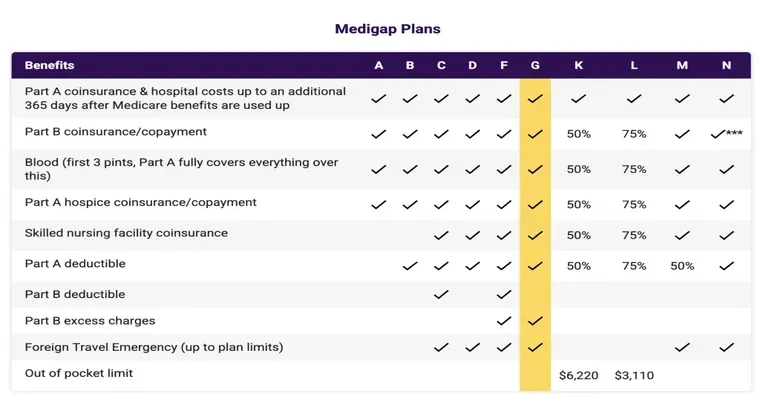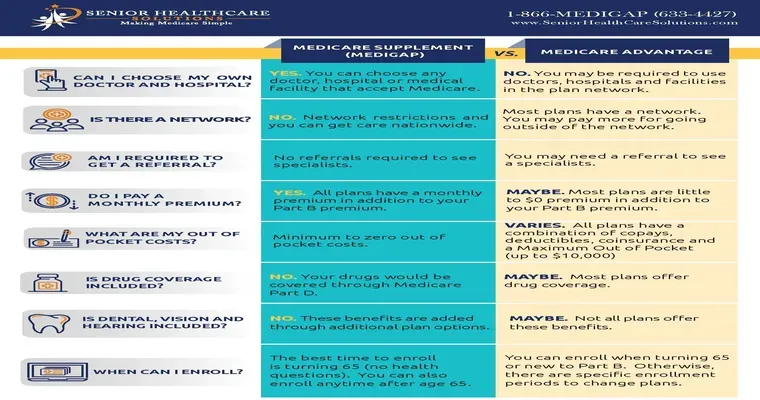If you've recently enrolled in "Medicaid", you may be wondering about the next steps and how to make the most of your new "health insurance" coverage. Understanding your "Medicaid benefits" and navigating the healthcare system can be overwhelming, but with the right information, you can ensure you receive the care you need. Here are some important things to consider now that you have Medicaid.
Understand Your Benefits
The first step after obtaining Medicaid is to familiarize yourself with your "healthcare benefits". Medicaid provides a wide range of services, including hospital visits, doctor appointments, preventive care, and prescription medications. Each state has its own Medicaid program, so the specifics of what is covered can vary. Make sure to review your state's Medicaid website or contact your local Medicaid office to get a comprehensive list of benefits available to you.
Find a Healthcare Provider
Once you understand your benefits, the next step is to find a healthcare provider who accepts Medicaid. You can usually find a list of participating providers on your state's Medicaid website. Make sure to check if your preferred doctors or specialists accept Medicaid. If you need help, your Medicaid caseworker can assist you in locating providers nearby.
Schedule Regular Checkups
With Medicaid, you have access to preventive services that can help you maintain good health. Regular checkups and screenings are essential and often covered at no cost to you. Schedule annual physicals, dental visits, and other routine exams to stay on top of your health. Early detection of health issues can lead to better outcomes and avoid more serious problems down the line.
Know Your Rights
As a Medicaid recipient, it's important to understand your rights concerning your healthcare. You have the right to receive services without discrimination and to be treated with respect. If you feel your rights are being violated or if you're having issues accessing care, don't hesitate to reach out to your local Medicaid office or advocacy groups for support.
Understand Copayments and Costs
While Medicaid is designed to minimize out-of-pocket expenses, some services may still require copayments. It's important to be aware of these costs and how they apply to your care. Check with your healthcare provider or your state Medicaid office if you have questions about what you might need to pay for certain services.
Keep Your Information Updated
To maintain your Medicaid coverage, make sure to keep your personal information updated. This includes changes in your income, address, or family size. Failing to report these changes can affect your eligibility for benefits. Regularly review your Medicaid enrollment to ensure you are still eligible and receiving the appropriate services.
Stay Informed About Policy Changes
Medicaid policies and regulations can change, and it's important to stay informed. Regularly check your state’s Medicaid website for updates on benefits, eligibility, and any new programs that may become available. Joining local community groups or online forums can also provide support and information from others navigating the Medicaid system.
Conclusion
Having "Medicaid" opens doors to essential "healthcare services" that can greatly enhance your quality of life. By understanding your benefits, finding the right providers, and staying informed about your rights and responsibilities, you can effectively navigate the healthcare system. Don’t hesitate to seek assistance if you have questions or need help accessing the services you require. Remember, taking charge of your health is the first step towards a healthier future.





